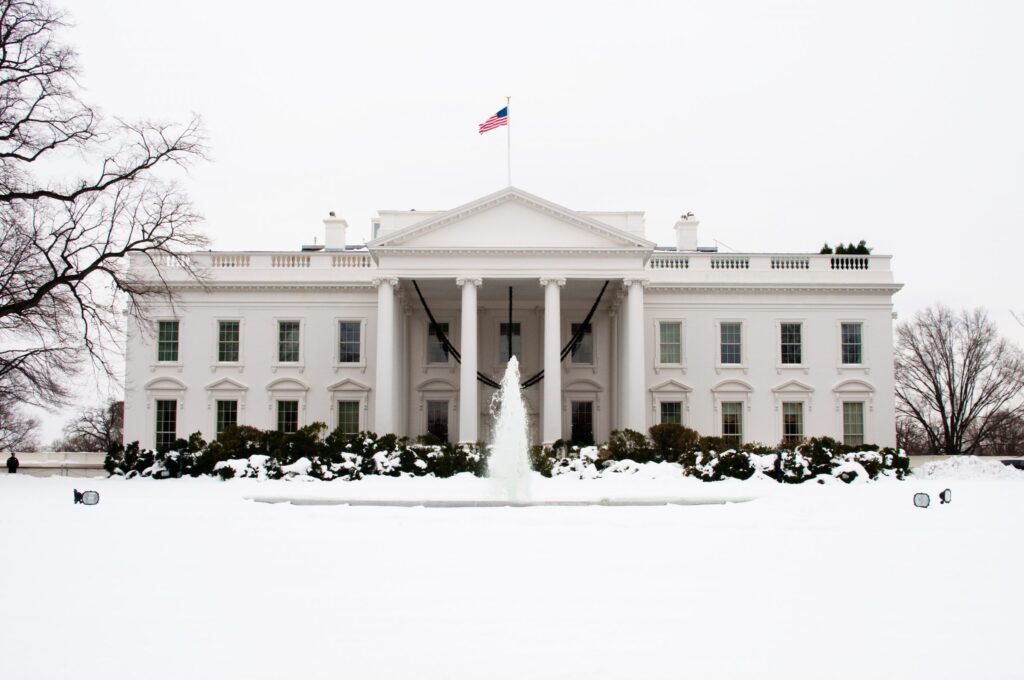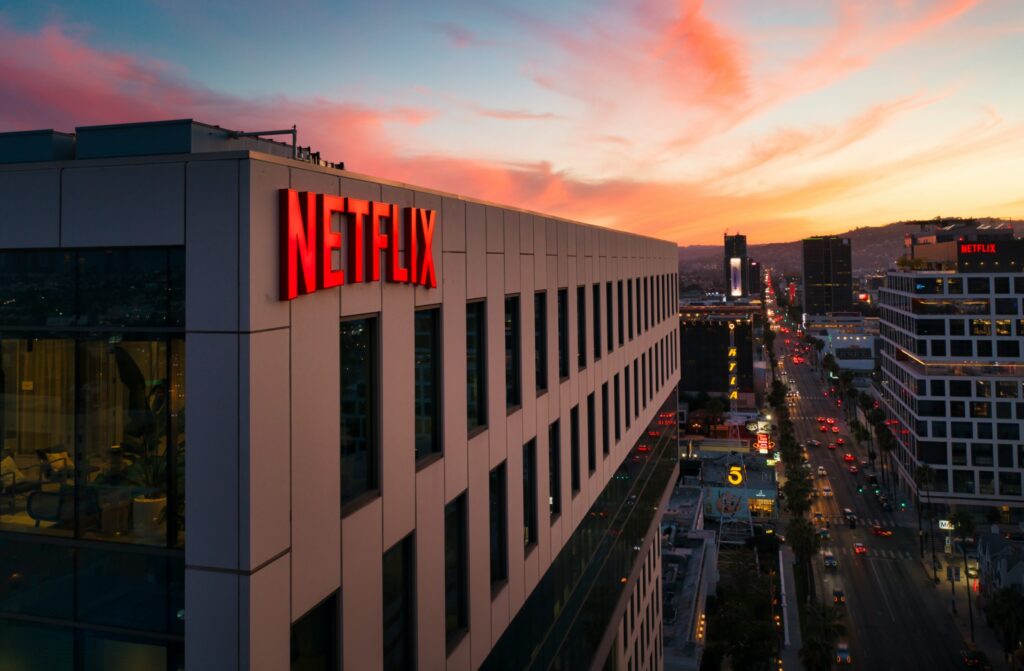A change in the presidential office, especially across party lines, can have a drastic effect on how our government functions. A major aspect of the executive branch’s function, the enforcement and prosecution of crimes, can shift as a result of a change in the presidential office. Through a president’s power to appoint heads of agencies, write executive orders, and even grant clemency to criminal offenders, it is possible to substantially change how crimes are enforced and prosecuted.
With the end of President Trump’s administration nearing and the inauguration of President-elect Joe Biden looming in late January, now is a great time to review how the last four years of President Trump’s administration has handled enforcement of white-collar crime. Bloomberg reported that “the average annual number of white-collar defendants was down 26% to 30% for Trump’s first three years in office compared to the average under President Barack Obama”. And the last year has been even lower according to TRAC Reports, “when monthly 2020 prosecutions are compared with those of the same period in the previous year, the number of filings was down -41.9%”. The decline in the last year can be attributed to the complications associated with the difficulties the coronavirus pandemic has had on the court system. However, the same can’t be said on the decline in prosecutions during Trump’s first three years in office.
It’s no surprise that the Trump administration, whose main focus was revitalizing the economy, has been more lenient on corporations. After all, a federal indictment doesn’t usually do wonders for a corporation’s stock price. While a lifelong businessman like Donald Trump didn’t make corporate crime a point of emphasis, Joe Biden, as a lifelong politician probably will. Biden has not yet made a public decision as to who he will appoint as Attorney General to head the Department of Justice (DOJ), but there is acknowledgment among most lawyers that whoever ultimately fills that role will be in charge of prioritizing white-collar crime significantly more than the previous administration.
JDSupra predicts that enforcement will shift from the heavy focus on immigration and corporate espionage we’ve experienced under the Trump administration, to increased activity in areas like environmental compliance, antitrust, securities fraud, and increased regulation of the FDA, as well as a continued focus on fraud stemming from CARES Act stimulus package under Biden.
President-elect Biden may also choose to re-establish the Yates Memo that was originally established in 2015 while he was Vice President under the Obama administration. The Yates Memo, written by possible pick for Attorney General Sally Yates, required corporations to produce all relative facts about the individuals involved in an investigation for the corporation to receive consideration for cooperation. In 2018 under the Trump administration, corporations are no longer required to produce all the facts to receive credit for cooperation.
It’s important to keep in mind that enforcement into an act of white-collar crime can be a long process that may take years of investigation before any indictment is made. So any uptick in federal investigative activity may not be readily apparent during the initial transition of presidential power. In the coming months and years, it will be even more crucial to have a trusted legal team to adjust compliance measures that meet the stricter regulatory environment that is anticipated of Biden’s administration.



